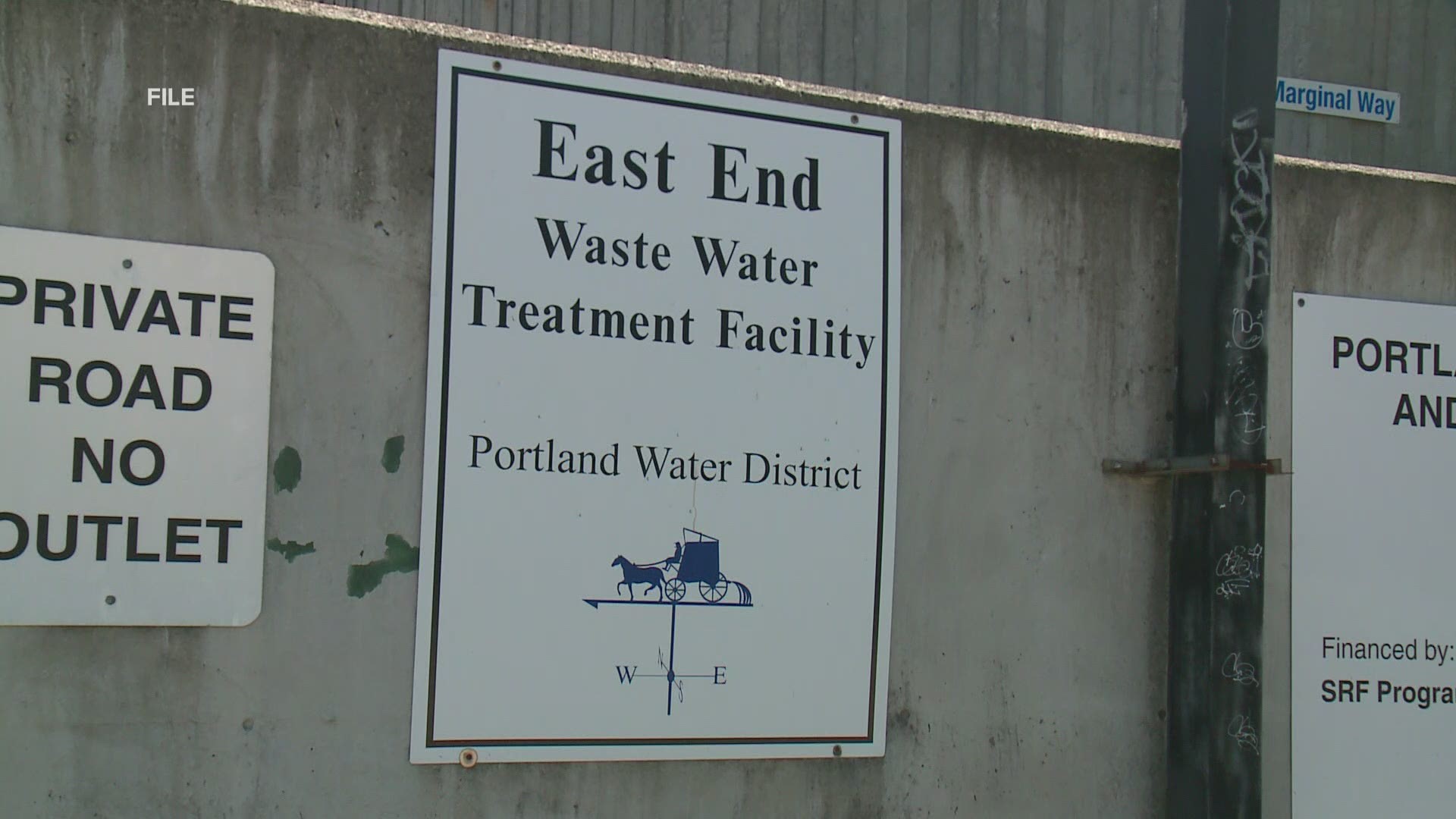DAMARISCOTTA, Maine — The pipes of a municipal water system may seem to have little connection to the COVID pandemic, but Scott Abbattoni said the link is quite real.
“The water districts and sewer districts are the first line of defense for health,” Abbattoni, who is water director for the Great Salt Bay Sanitary District in Damariscotta, said.
“You don’t hear of people getting cholera or dysentery, because that stuff is taken care of. But what happens if people are out?”
The COVID pandemic is causing that question to be asked by operators of wastewater and water systems around the state They say many of those systems operate with a small staff, and the virus is a real threat to the work they need to do. The threat, Brad Sayer of the Maine Rural Water Association said, is that so many people will get sick or forced to quarantine at the same time that there won’t be enough left to keep systems operating properly.
“We’ve been told there are utilities around the state that have had either partial or entire staffs out with COVID. Neighboring utilities and remote work have enabled those utilities to continue their job, but it is a concern going forward. Should utilities and operators go down who will pick up that weight?”
For that reason, the Association and the various water and wastewater districts have been asking the state to put their workers higher on the vaccine priority list. Abbatonui says they were classified as 1-B but then were dropped to 1-C, meaning they will continue to wait for the vaccine, at least until the Mainers age 70 and over get their shots.
Dr. Nirav Shah of the Maine CDC reinforced that Tuesday when asked about vaccinating the water and wastewater workers.
“Make no mistake, the work water system employees and municipal sewer treatment plant employees undertake is critical,” said Dr. Shah.
“We wouldn’t have fresh water without them."
But with vaccine supply still well short of the need, he said the current priority policy is not likely to change.
“Gov. Mills has decided to focus priority of vaccination on providing the vaccine to those who, without the vaccine, would be at the highest risk of death or extreme disease,” Dr. Shah said.
With a total of 193,000 Mainers in that 70-plus age category, it will clearly be a number of weeks, at least, before the next priority level can begin receiving the vaccine.

